Filter & Sort
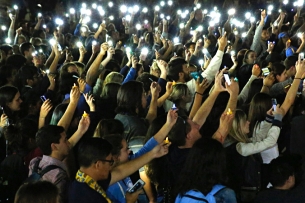
The Ordinary Instant
A shooting at a college can damage one's sense of identity, assumptions about safety and beliefs about the holiness of education, writes Megan Doney.
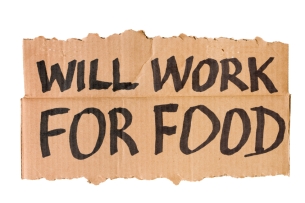
This Picture Tells a Story
Those of us working in the humanities must accept that our golden age lasted just one generation, argues Leonard Cassuto, and was not the norm.
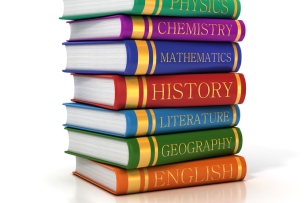
Students, Keep Your Books
Paul T. Corrigan urges professors to educate their students about how the value and power of textbooks can endure long after graduation.
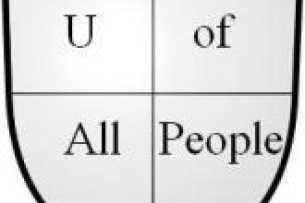
13 Ways of Looking at the Humanities
U of All People's David Galef pens a poem on the humanities.

Who Should Talk About Science?
The administration and academic leadership of colleges and universities need to communicate far more effectively about science and its importance to the world outside academe, argues Jiri Hulcr.
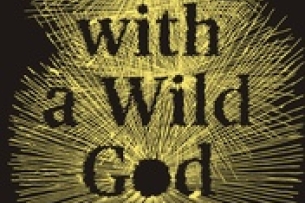
Feeling the Spirit
Scott McLemee ruminates on the memoir of Barbara Ehrenreich, who, while more or less an agnostic, undergoes what sounds like the sort of crisis described by saints and mystics.
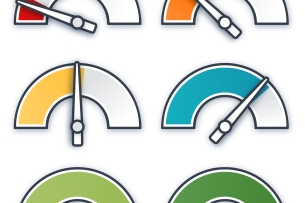
A Faculty Stand on Assessment
To do justice to students and as a matter of professional duty, faculty members should be at the center of defining and measuring undergraduate learning outcomes, argue Josipa Roksa and Richard Arum.
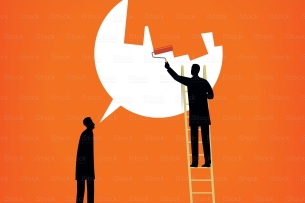
The Real Threat to Free Expression
How young people armed with smartphones became so unable or unwilling in critical instances to talk to each other is a fundamental question for higher education, writes Jeffrey Herbst.
Pagination
Pagination
- 406
- /
- 796